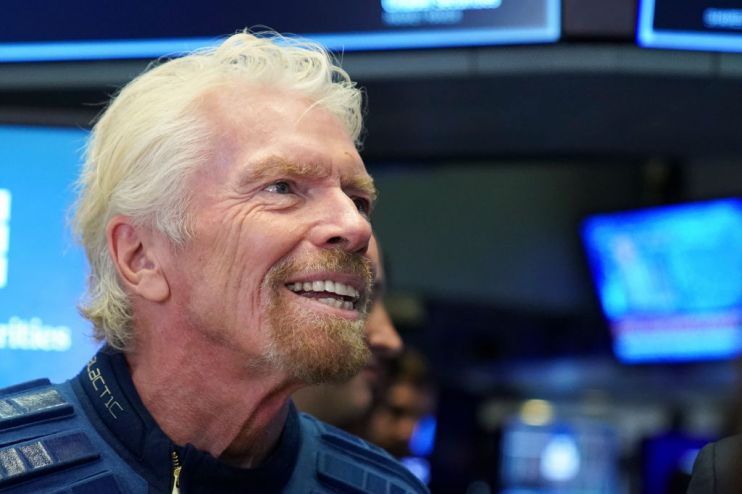Virgin wins damages fight with US train firm which pulled out of deal

A Virgin company says it will collect more than £90 million as a result of winning a High Court fight with an American train operator which pulled out of a deal after alleging that the “Virgin brand” had stopped being a “brand of international high repute”.
Virgin Enterprises had said Brightline Holdings was in breach of a trademark licence agreement.
Brightline disputed Virgin Enterprises’ claim.
A judge on Thursday ruled in favour of Virgin Enterprises.
Judge Mark Pelling said, in a written ruling, that Brightline had “failed to prove” issues “it had to prove”.
The judge, who oversaw a High Court hearing in the Rolls Building, in London, in July, indicated that decisions about a final damages award had yet to be made.
He said it had been agreed that Virgin Enterprise was entitled to recover damages for “breach of contract” – unless Brightline was entitled to terminate.
The judge said there was a dispute over an “additional amount”.
A Virgin spokesman said after the hearing that the company would receive more that £90 million – in excess 115 million US dollars – as a result of Thursday’s ruling.
He indicated that a decision was awaited on “further damages”.
The spokesman said: “Today’s court judgment demonstrates the strength of our business and brand following Brightline’s attempts to breach a long-term licensing agreement.”
Judge Pelling had been told that Virgin Enterprises wanted around £200 million damages.
The deal had meant that Brightline would rebrand its rail services in the US as “Virgin Trains USA”, the judge heard.
He heard that Virgin Enterprises was part of the Virgin Group, founded by businessman Sir Richard Branson, and managed intellectual property relating to the “Virgin brand”.
Virgin Enterprises had alleged that Brightline had breached a 2018 “trademark licence agreement”, said the judge.
He said Virgin Enterprises had agreed to “license the Virgin Brand” to Brightline for use “in connection with its rail services business” on the east coast of the USA.
Brightline argued that it was “entitled to terminate”.
The judge said Brightline’s defence was that a clause entitled it to terminate if “the Virgin brand” had ceased to be a “brand of international high repute”.
Lawyers representing Brightline, which, the judge said was registered in Delaware and operated a train service between Miami and Orlando, had outlined concerns about Virgin’s train and airline businesses, at the hearing.
They said by the end of 2019, Brightline was becoming “concerned about the reputation of the Virgin brand”.
“In April 2019, Virgin Trains was disqualified from bidding for a renewal of the West Coast mainline train franchise; it operated no trains in the UK after December 7 2019,” they said.
“Not long after the announcement that Virgin Trains had been disqualified, investors started to express concerns about Brightline’s links with Virgin.”
Lawyers representing Virgin Enterprises had said Brightline’s allegation – that the “Virgin brand” had stopped being a “brand of international high repute” – was “cynical and spurious”.
Judge Pelling said: “I conclude that Brightline has failed to prove any of the… issues it had to prove if it was to succeed in its defence and for that reason the claim succeeds.”
Judge Pelling said Brightline had “failed to prove that the brand had ceased to be a brand of international high repute” on relevant dates.
He added: “Although it was suggested by Brightline that its standing with consumers was damaged by its continued association with Virgin, there is no evidence that is so.”
The judge said there was “no evidence” which demonstrated Brightline’s “brand equity” had been damaged.
Press Association Brian Farmer
